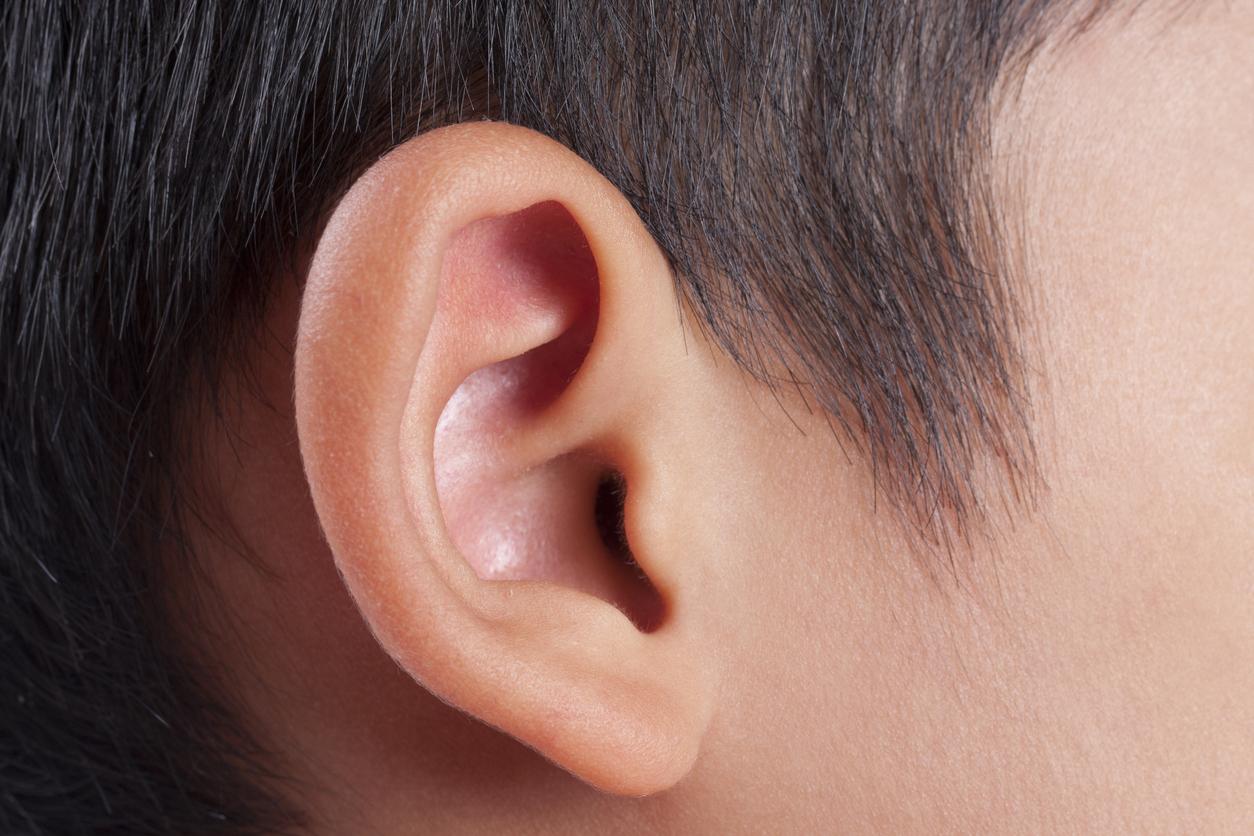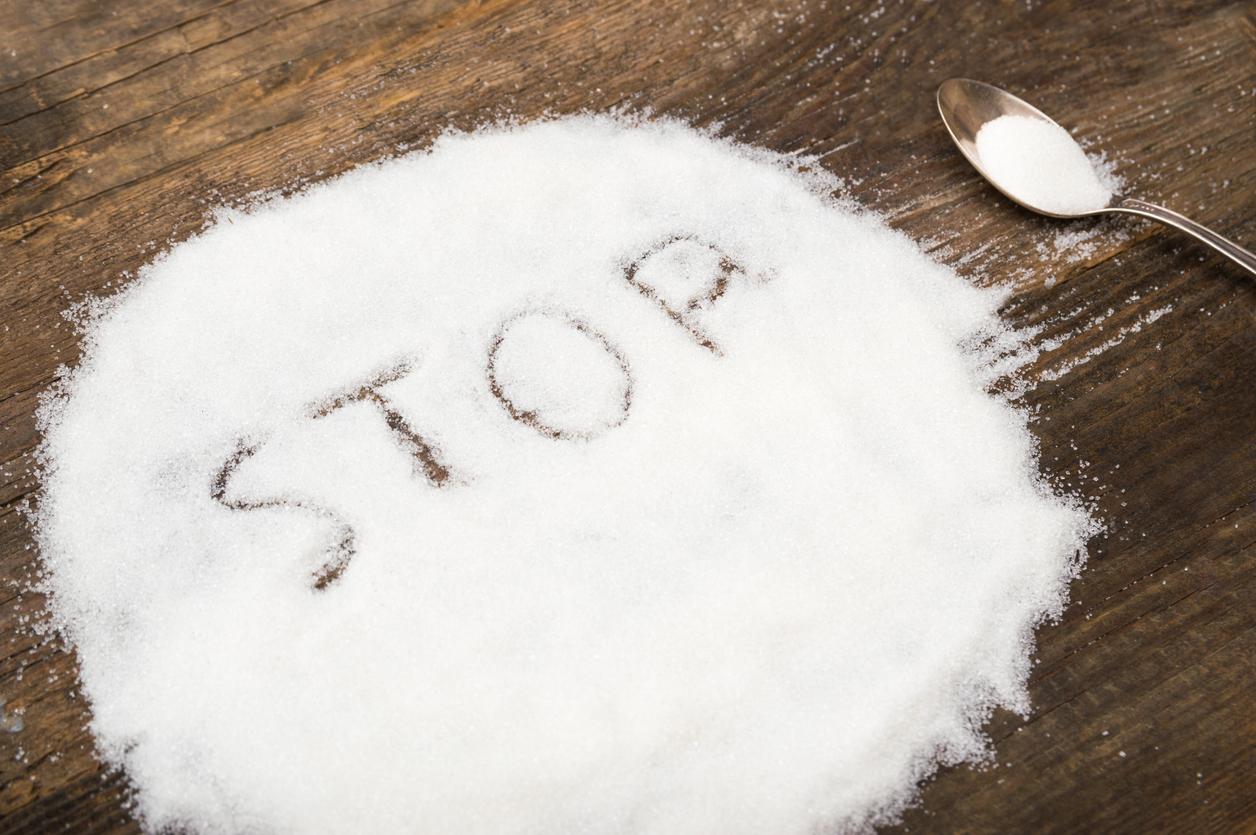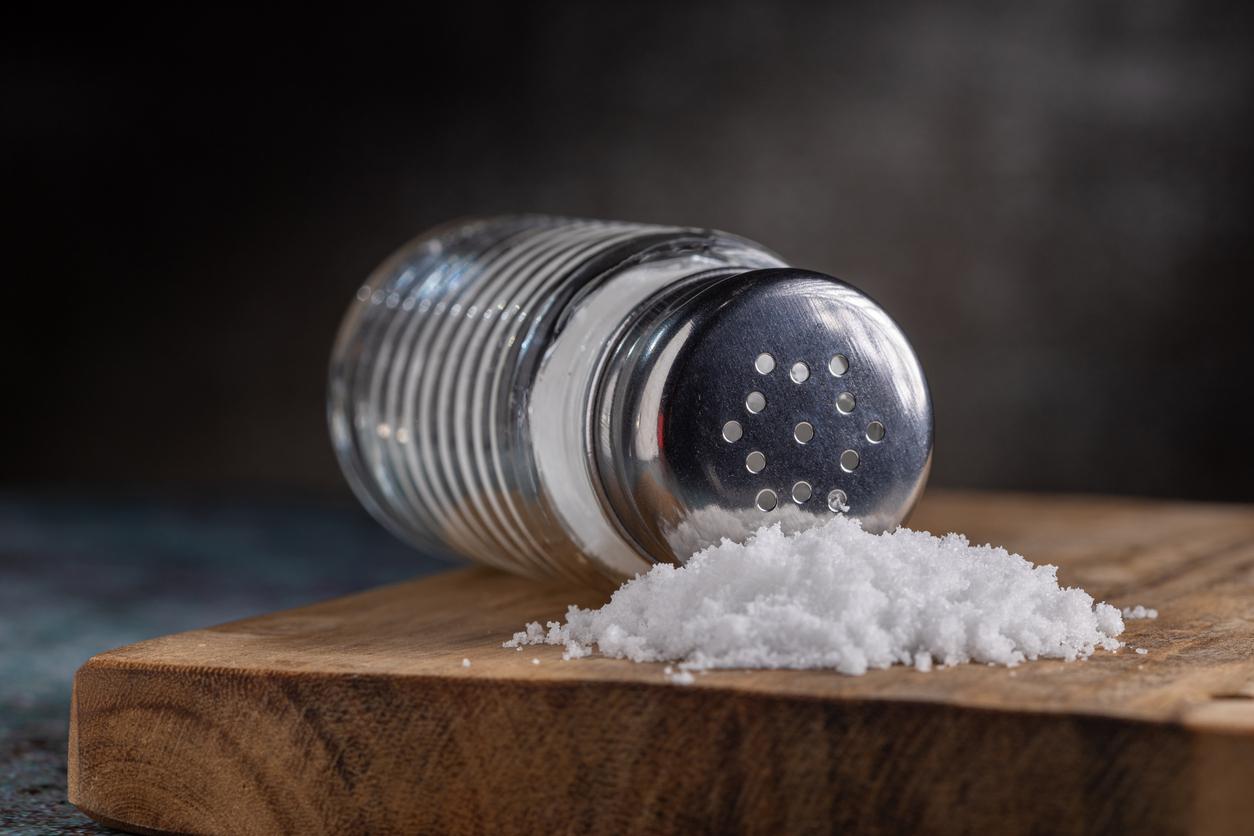Our body needs salt. When we consume salt (sodium chloride), it splits into two constituents: chloride ions and sodium ions. These diffuse into the blood and then enter our cells.
They play several roles in our body: they manage water movements at the level of cells, supporting tissues and the vascular sector and therefore prevent dehydration; they also participate in the transmission of nerve impulses at the synapses of neurons and they also contribute to the smooth running of muscle contractions, including those of the heart.
The health risks of too much salt
The vital minimum is 2g of salt per day. Excess salt, on the other hand, is dangerous. Eating too salty exposes to water retention, and therefore to edema. Excess salt also promoteshigh blood pressure and consequently cardiovascular diseases (heart failure, infarction, cerebrovascular accidents, etc.). Excessive salt consumption also promotes osteoporosis, the risk of gastric cancer and stomach cancer. It could also aggravate asthma, type 2 diabetes and obesity.
However, we consume too much salt. It is recommended not to consume more than 5g of salt per day and the WHO informs that most people consume 9 to 12g per day on average (in France 10g per day for men and 8g per day for women). Tips for reducing the amount of salt ingested.
* Alpen Editions, December 2022
























